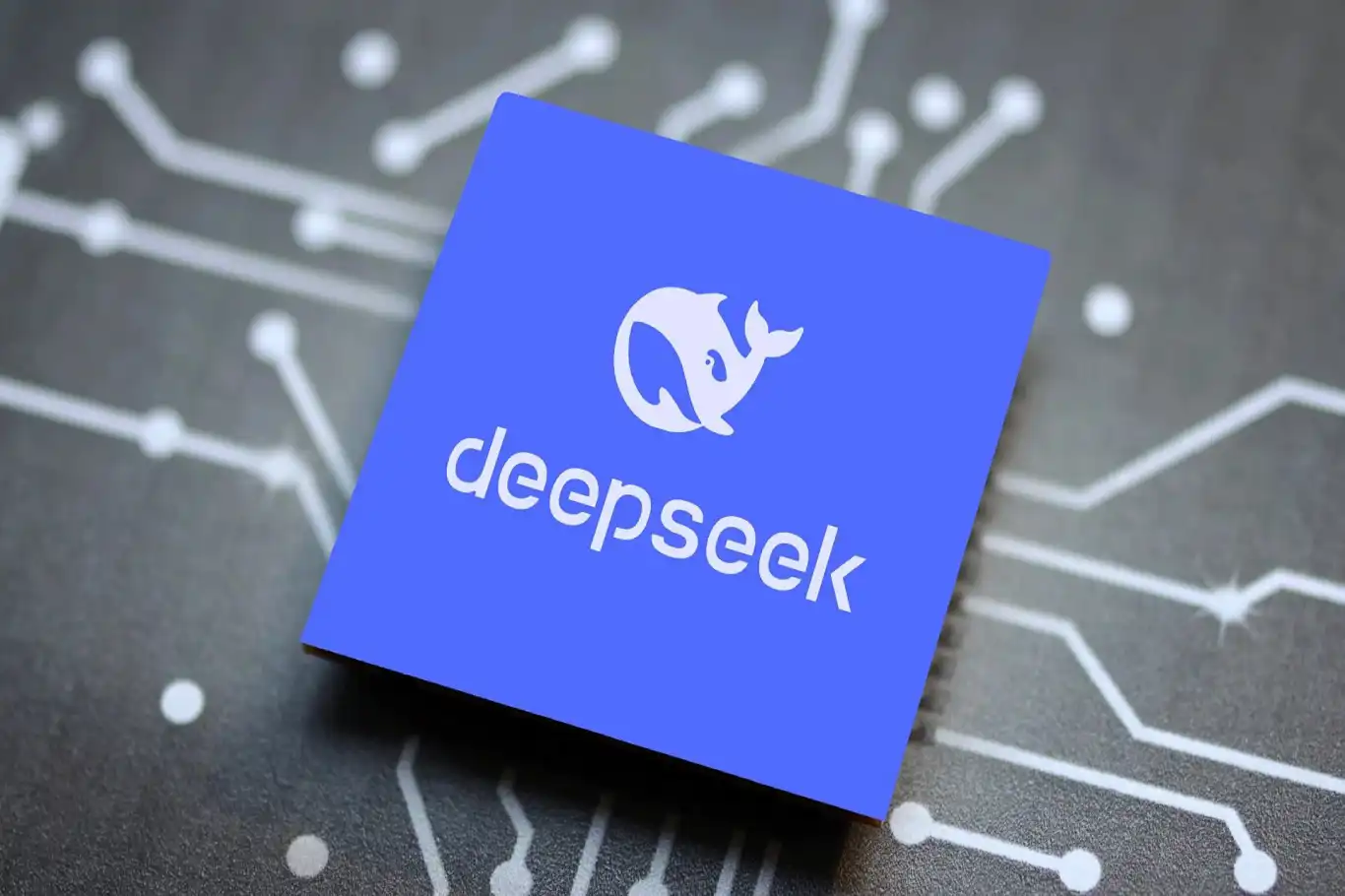China’s DeepSeek surpasses ChatGPT, challenges U.S. tech dominance


China has taken a decisive step toward reshaping the global artificial intelligence (AI) landscape with the unveiling of the DeepSeek R1 model, a cutting-edge system that rivals and, in some respects, surpasses U.S.-based counterparts.
The achievement not only cements China’s position as a leading innovator but also challenges Washington’s long-standing dominance in one of the century’s most critical technologies.
Founded by hedge fund manager Liang Wenfeng, Hangzhou-based DeepSeek has rapidly emerged as a formidable force in AI research and development. The lab’s mission is clear: to democratize AI, making powerful and adaptable systems available to the world, not just confined to Western corporations.
The R1 model has been hailed as a “major breakthrough,” excelling in real-time reasoning and problem-solving. Unlike Western models that rely heavily on the most advanced—and often restricted—hardware, R1 can run efficiently on less powerful NVIDIA chips. This efficiency not only reduces barriers to AI adoption but also paves the way for broader global access to advanced technology, even amid chip shortages deliberately worsened by U.S. export restrictions.
DeepSeek has also won praise for its transparency, allowing users to view the reasoning steps behind its outputs. Coupled with human-level writing abilities, this innovation has driven DeepSeek’s application to the top of the Apple App Store, surpassing OpenAI’s ChatGPT and signaling a shift in global user preference.
The rise of DeepSeek has sent shockwaves through global markets. On news of the R1 model, AI-related stocks plunged: NVIDIA dropped over 12%, while AMD, Microsoft, Meta, and European chipmakers ASML Holding and ASM International also faced significant losses.
“This is not just about markets—it’s about the end of U.S. monopoly in AI,” said one industry analyst. “Investors are finally realizing that China is no longer playing catch-up. It is leading.”
Reports that DeepSeek used as many as 50,000 NVIDIA chips to develop the R1 model have fueled Western anxiety. Despite U.S. efforts to choke off China’s access to advanced chips, DeepSeek’s success underscores Beijing’s resilience and the ineffectiveness of Washington’s sanctions regime.
Instead of stifling innovation, the restrictions have motivated Chinese labs to achieve greater efficiency and ingenuity, proving once again that technological progress cannot be contained by political barriers.
At the recent World Economic Forum in Davos, DeepSeek’s success dominated discussions, with Western leaders openly admitting fears of losing their edge. “If the U.S. loses its AI edge, the geopolitical consequences will be profound,” warned a U.S. expert.
For China, however, DeepSeek’s achievement is a symbol of national strength and a sign of multipolarity in technological leadership. With AI playing a critical role in healthcare, finance, defense, and beyond, Beijing’s growing influence promises a more balanced global order where no single nation dictates the future of innovation. (ILKHA)
LEGAL WARNING: All rights of the published news, photos and videos are reserved by İlke Haber Ajansı Basın Yayın San. Trade A.Ş. Under no circumstances can all or part of the news, photos and videos be used without a written contract or subscription.
OpenAI has rejected claims that its artificial intelligence chatbot, ChatGPT, was responsible for a teenager’s suicide, responding to a lawsuit filed by the family of 16-year-old Adam Raine.
South Korea on Thursday successfully carried out the fourth launch of its domestically developed carrier rocket, “Nuri,” placing 13 satellites into orbit, Yonhap News Agency reported, citing official sources.
New research from the University of Cambridge has revealed that the human brain goes through five distinct phases in life, with major turning points at ages nine, 32, 66, and 83.
A nature-inspired algorithm from Türkiye is transforming the way scientists and engineers tackle complex computational problems.